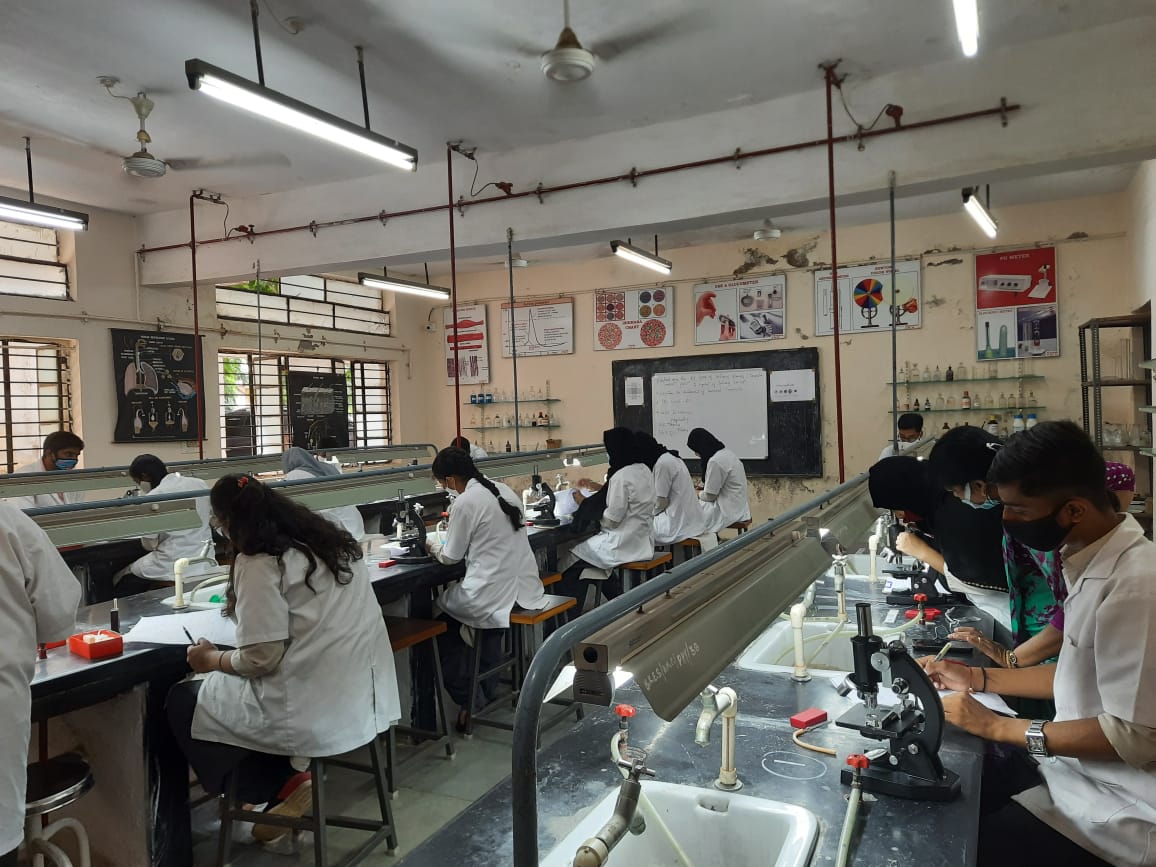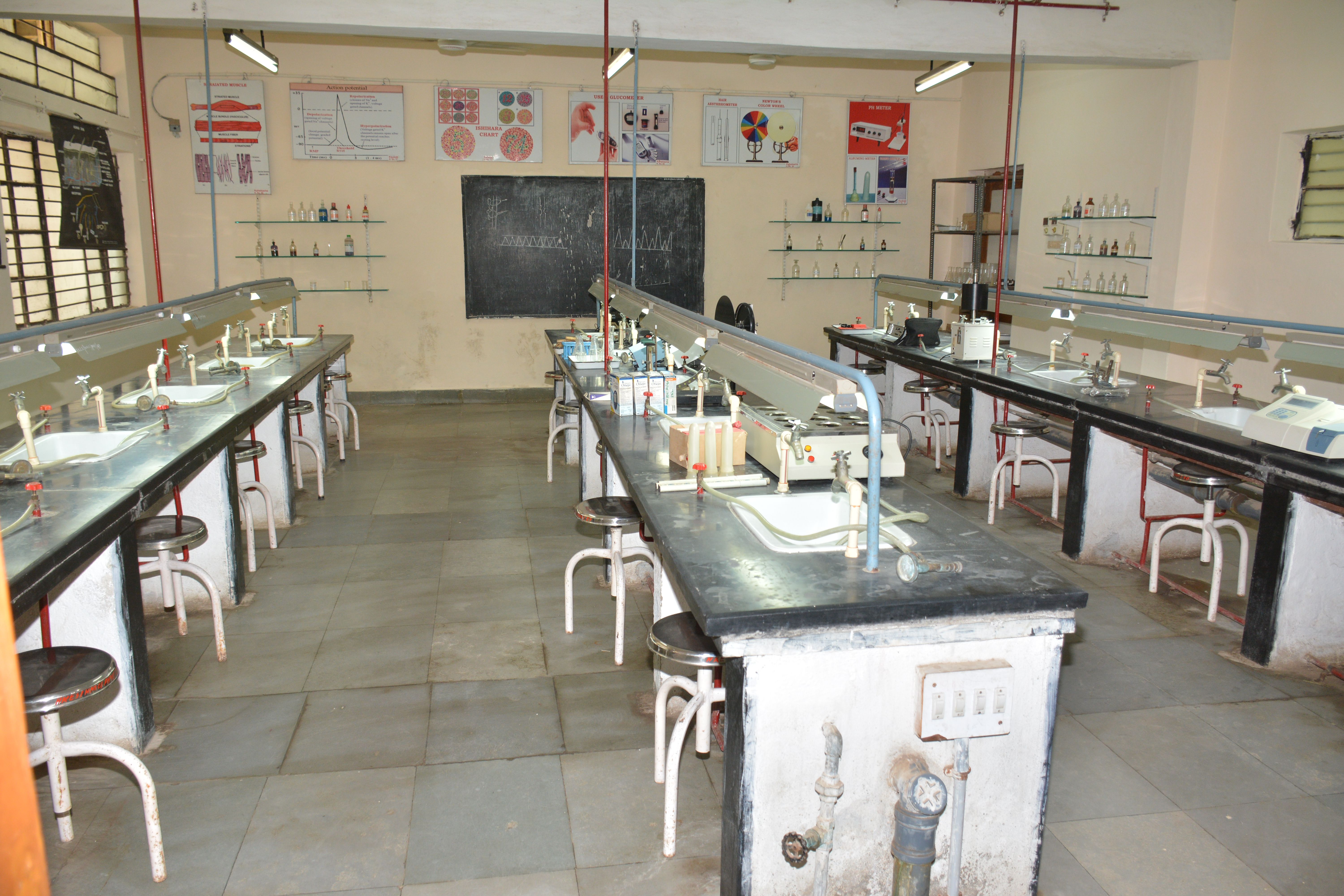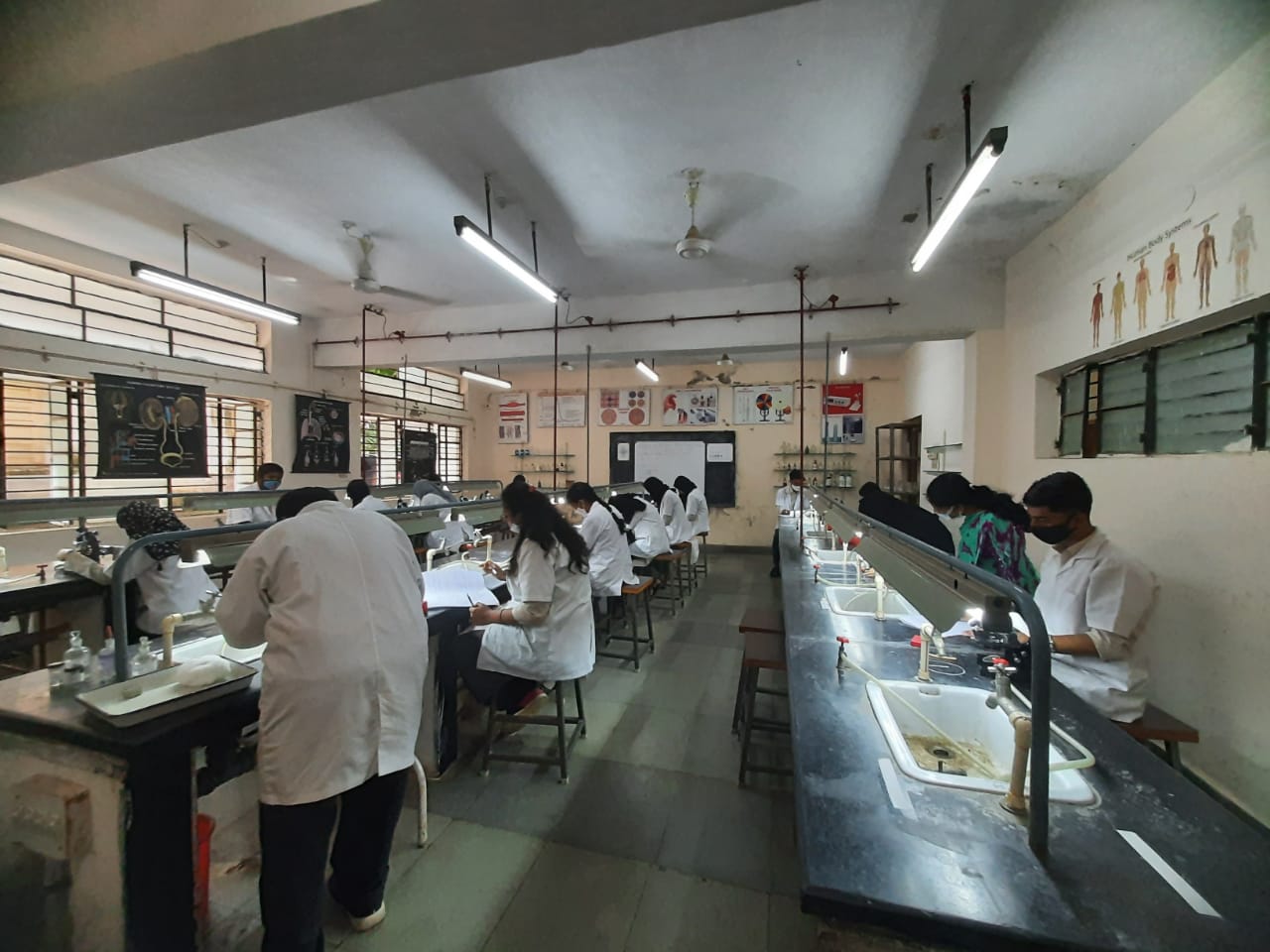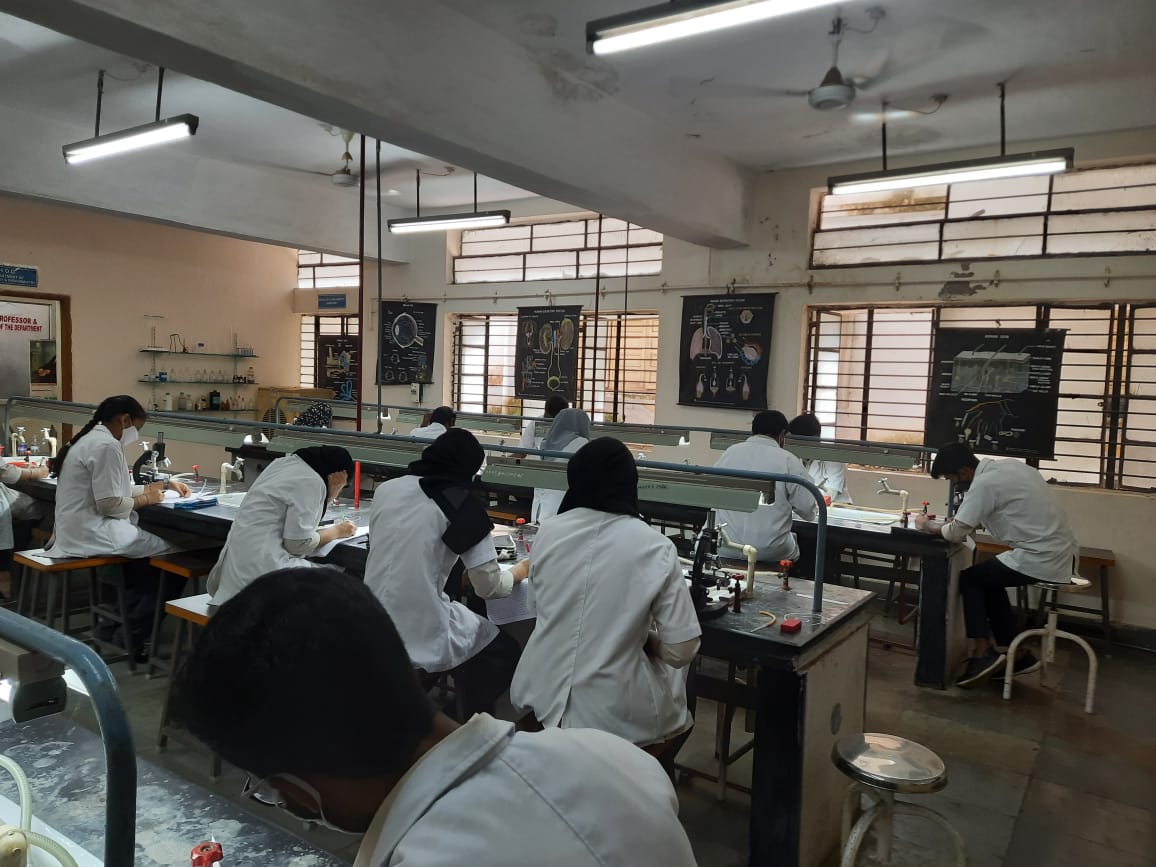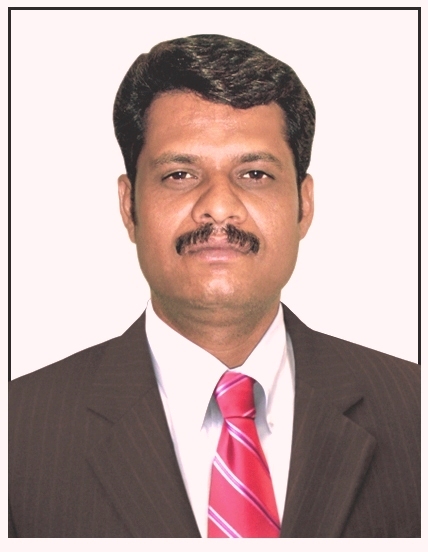Department of Physiology & Biochemistry
|
||||||||||||||||||||||||||||||
|
Introduction : The Dept. was established in the year 1980 Department promotes knowledge of how the human body functions through a detailed study of cells, organs and systems. A thorough knowledge of the physiological mechanisms regulating normal function is essential to understand the pathophysiology of the underlying diseases. Biochemistry is a subject that is growing at a very fast pace, as seen from the number of leading journals, publications and citations of publications. It is a subject which is very active in research, teaching and service (Clinical Biochemistry investigations). The purpose of a course in physiology is to teach the functions , processes, and inter relationship of different organs and systems of normal and disturbance in disease and to equip the student with normal standards of reference for use while diagnosing and treating deviations from the normal. To Homoeopath the human organism is an integrated whole of body, life and mind: and though life includes all the chemico-physical process it transcends them. There can be no symptoms of disease without vital force animating the human organism and it is primarily the vital force which is deranged in disease. Physiology shall be taught from the stand point of description physical processes underlying them in health. Overview:The department of Physiology and Biochemistry consists of experienced faculty with supportive staff. It consists of well equipped laboratory the good infrastructure facility. The departme staff and students. The department also provided with the internet facility. The student strength is 100 in number. The students are exposed to the didactic lectures with audiovisual presentation and black board presentation. They are also involved in the project work, integrative seminars, tutorials and assignments. The students are also has acquaintance with patient in the first year itself by posting them to the IPD. They are assessed by formative and summative examination. The result obtained in the subject in the final examination conducted by the RGUHS is one of the best results every year. The faculty of the department are involved in both curricular and extracurricular activities. They participate in various seminars. Workshops, conferences, university activities and publication |
||||||||||||||||||||||||||||||
|
Facilty Details:
|

Affiliated to
Rajiv Gandhi University of Health Sciences,
Karnataka, Bengaluru
Recognized by
Central Council of Homoeopathy, New Delhi
